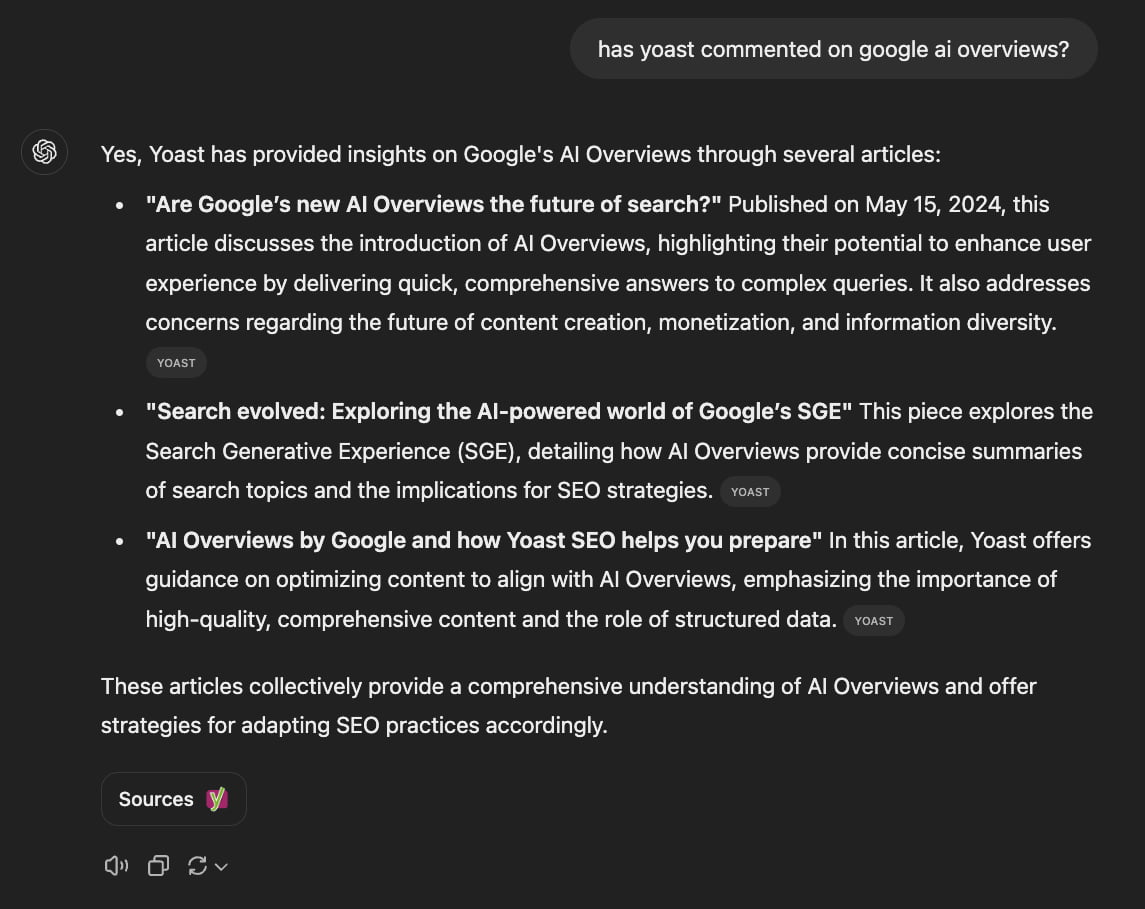Google AI Mode: The Future of Search or the End of Organic Results ...
Google just made waves in the search industry with the introduction of its latest experimental feature: Google AI Mode. This AI-driven upgrade to Search boasts of offering smarter and more intuitive results, streamlining the search process for users. The question now on everyone's mind is whether AI Mode signifies a groundbreaking search revolution or signals the demise of organic search results.
The Power of Google AI Mode
Having been immersed in the realms of SEO and content creation for an extended period, I've witnessed significant transformations implemented by Google, such as the Panda and Penguin updates that eradicated spammy websites, and RankBrain's AI-powered ranking mechanism. However, Google’s AI Mode stands apart from these changes. It represents not just an update but a fundamental shift in information processing and delivery. For those reliant on organic traffic, this development demands attention.
At its essence, Google AI Mode serves as an experimental AI-driven search encounter engineered to tackle intricate queries with a depth of reasoning and nuance that conventional search methods cannot rival. Unlike a standard search query that furnishes a list of links, AI Mode processes and aggregates information to present a comprehensive, organized response, often eradicating the necessity for users to visit multiple websites.

For instance, a search query like “What are the best laptops for video editing under $1,500?” might typically yield links to CNET, Tom’s Hardware, and Reddit discussions through a traditional Google search. With AI Mode, however, Google delves into numerous sources to compile a concise, well-structured comparison, incorporating specifications, reviews, and pricing—all within a single response.
The Implications for SEO and Content Creation
With Google AI Mode delivering answers directly, the big question arises: why would individuals still click on websites? Early data already indicates that AI-generated search results are diminishing organic clicks, potentially leading to a decline in organic traffic. If AI Mode continues to lessen the necessity of clicking on traditional search outcomes, website traffic, particularly for publishers, bloggers, and smaller enterprises, could plummet.
This scenario favors Google, as reduced user clicks mean increased time spent within Google's ecosystem, translating to augmented ad revenue for the tech giant. The consequences for SEO professionals and content creators are immense, as the conventional strategy of ranking higher to attract more clicks and broaden the audience is challenged by AI Mode's preference for succinct, AI-generated summaries over traditional web links.
The Future of Search with Google's AI Mode
Google AI Mode's introduction has reverberated throughout the SEO sphere, evoking a blend of panic, confusion, and cautious optimism. For years, SEO has revolved around deciphering Google's algorithm, optimizing content, and boosting organic traffic. Yet, with AI Mode condensing information directly in search results, many in the SEO domain are pondering the future of their methodologies, business models, and even careers.

While AI Mode does not necessarily spell the end of SEO, it accentuates the indispensability of adaptation for survival. A notable repercussion of AI Mode is the substantial drop in organic click-through rates (CTR), as reports from SEO analytics firms indicate a decline in users clicking on traditional search results. This trend signifies a considerable takeover of organic traffic by Google's AI.
The Evolution of SEO in an AI-Driven Landscape
To endure in this AI-dominated search environment, SEO professionals and content creators must reimagine their strategies. While SEO isn't defunct, it's evolving towards valuing unique, valuable, and experiential content. The pressing question remains: Where is Google heading next? As Google integrates more AI into Search, significant queries emerge regarding the future of search engines and their interaction with users.
This transition hints at a seismic shift in the way we engage with search engines, emphasizing the need to contemplate Google's AI search evolution. The trajectory may witness more monetized AI search features, a greater emphasis on "trusted" sources, and integration with Google's ecosystem. Ultimately, Google's AI Mode embodies both a revolutionary breakthrough and a perilous stride towards AI-dominated monopolization.
The Changing Landscape of Search and its Ramifications
With Google AI Mode at the helm, search is undergoing a transformative phase, posing challenges to the traditional web landscape. The tug-of-war between being a gatekeeper and a competitor casts uncertainty on the fate of external websites. Should Google fail to institute equitable policies that empower websites and content creators, a shift towards alternative platforms, independent search engines, or decentralized web ecosystems could ensue.

Regardless of one's stance, the inevitability of search evolution is evident, signaling that the web may never be the same again with the advent of AI-driven search technology.










